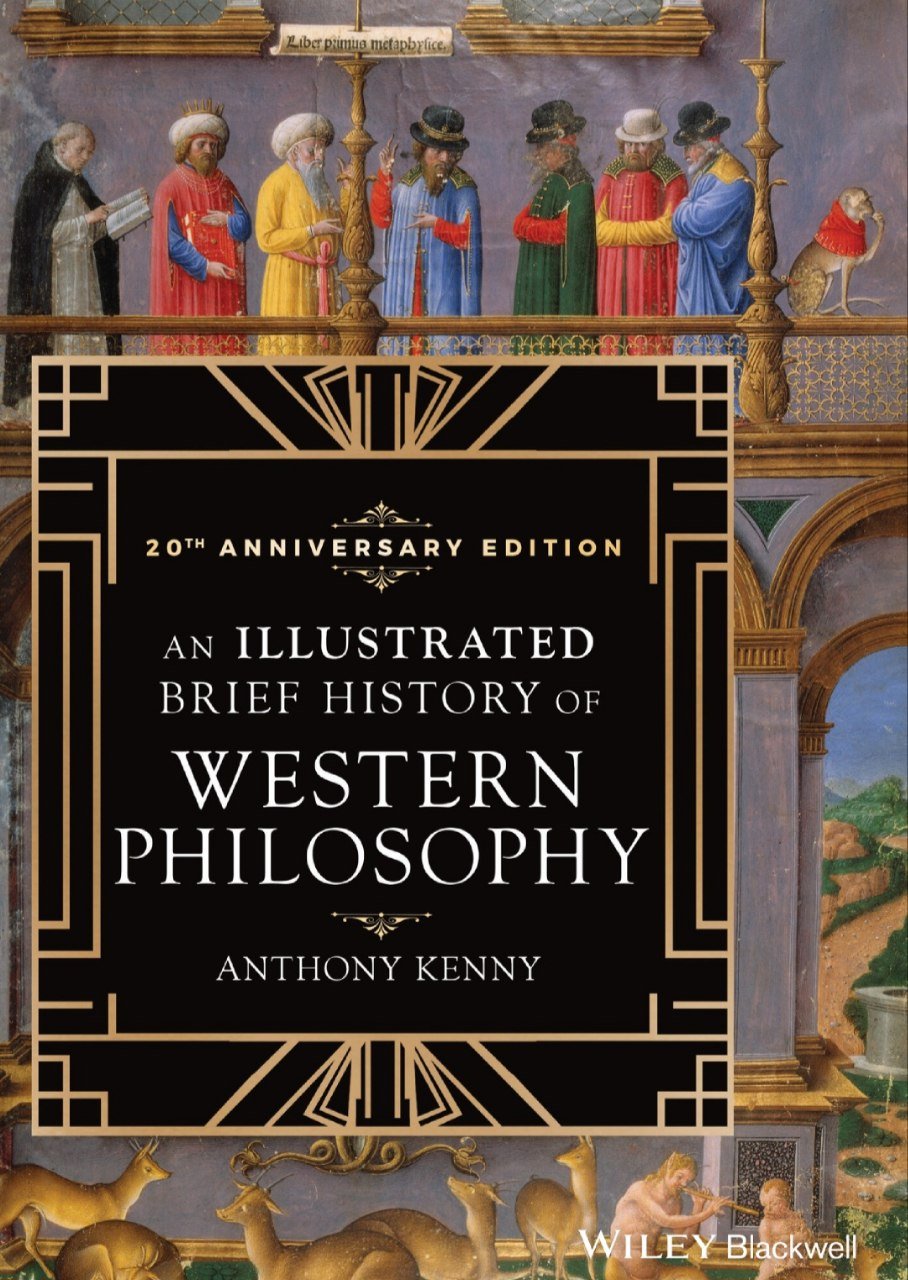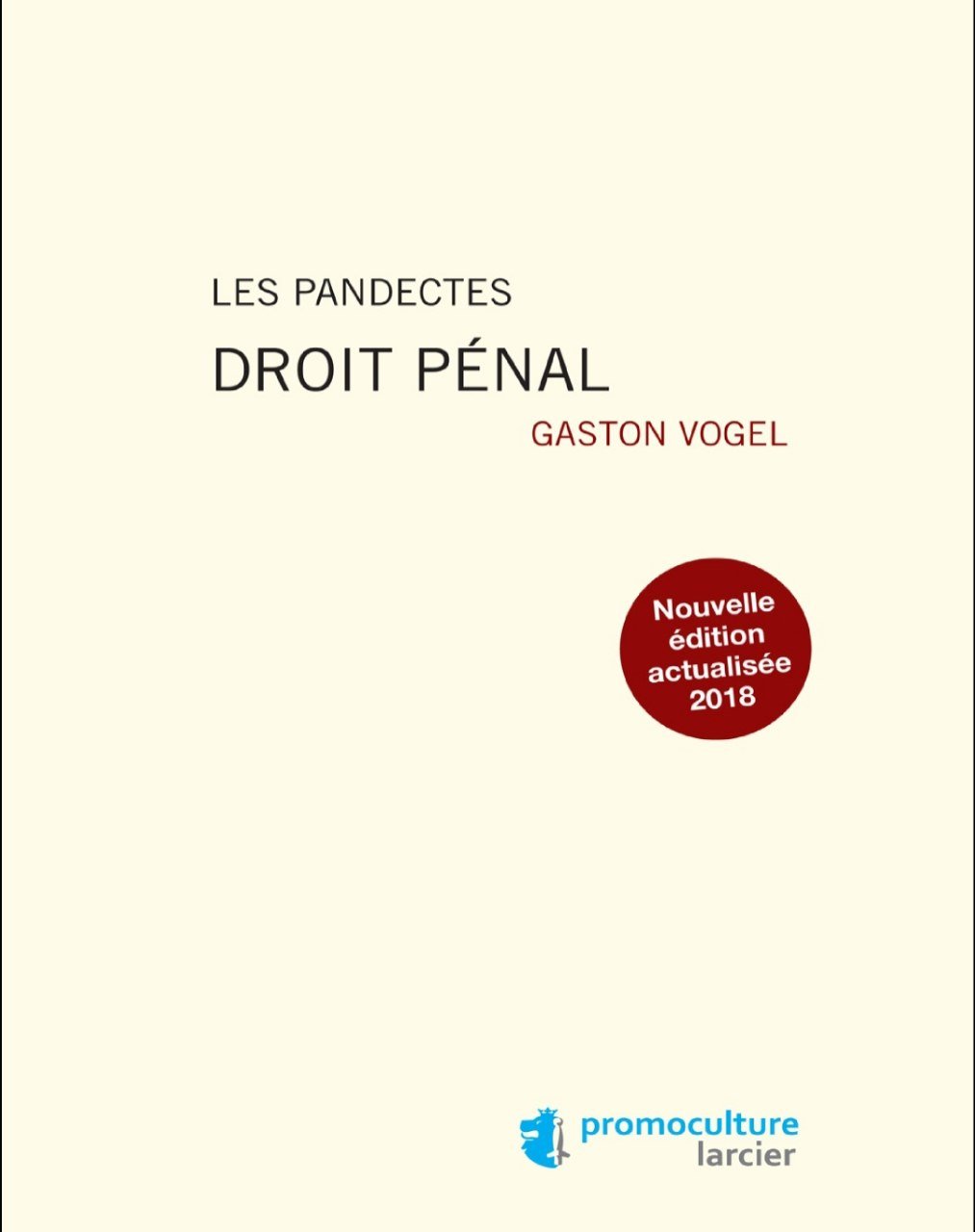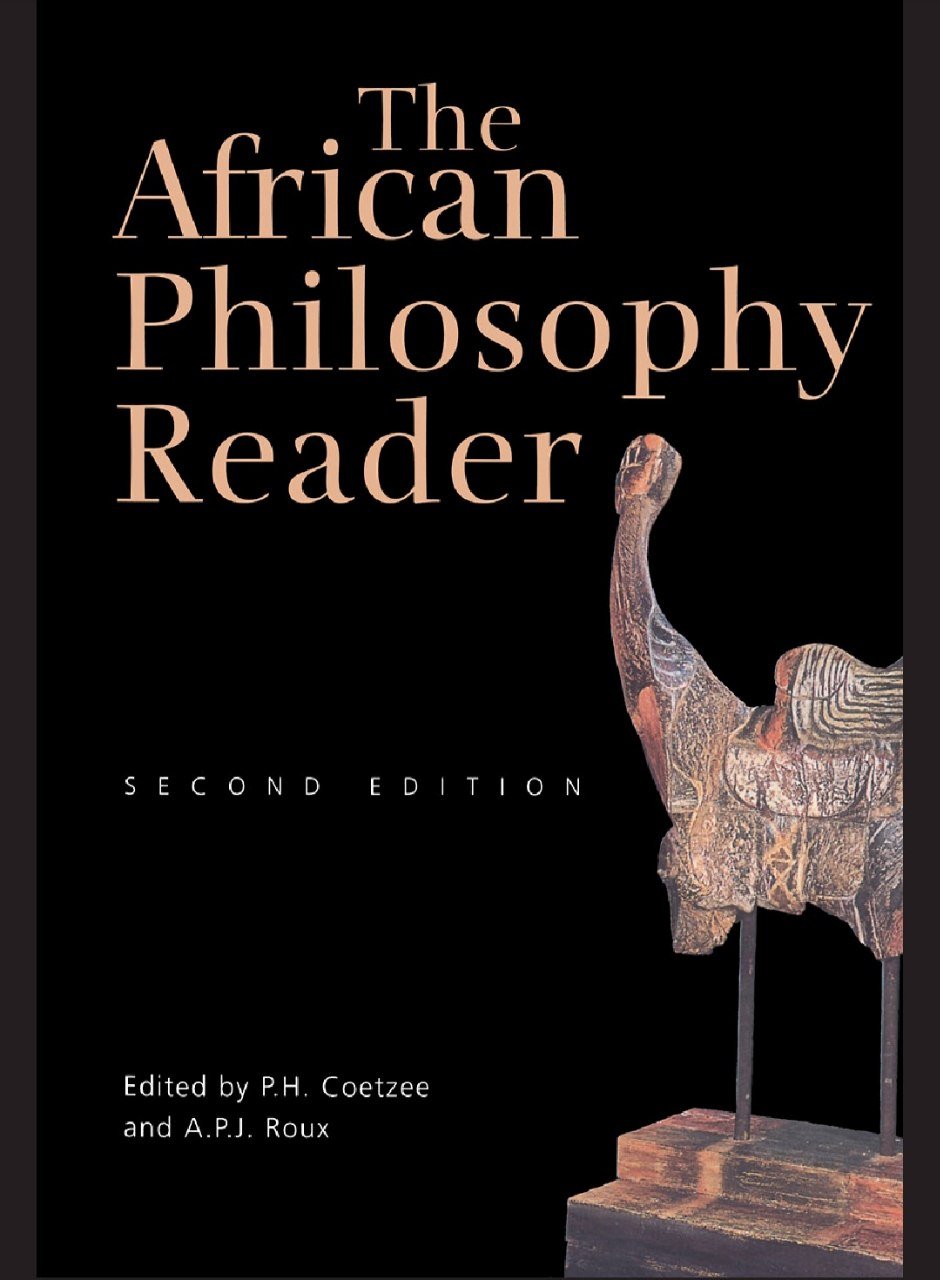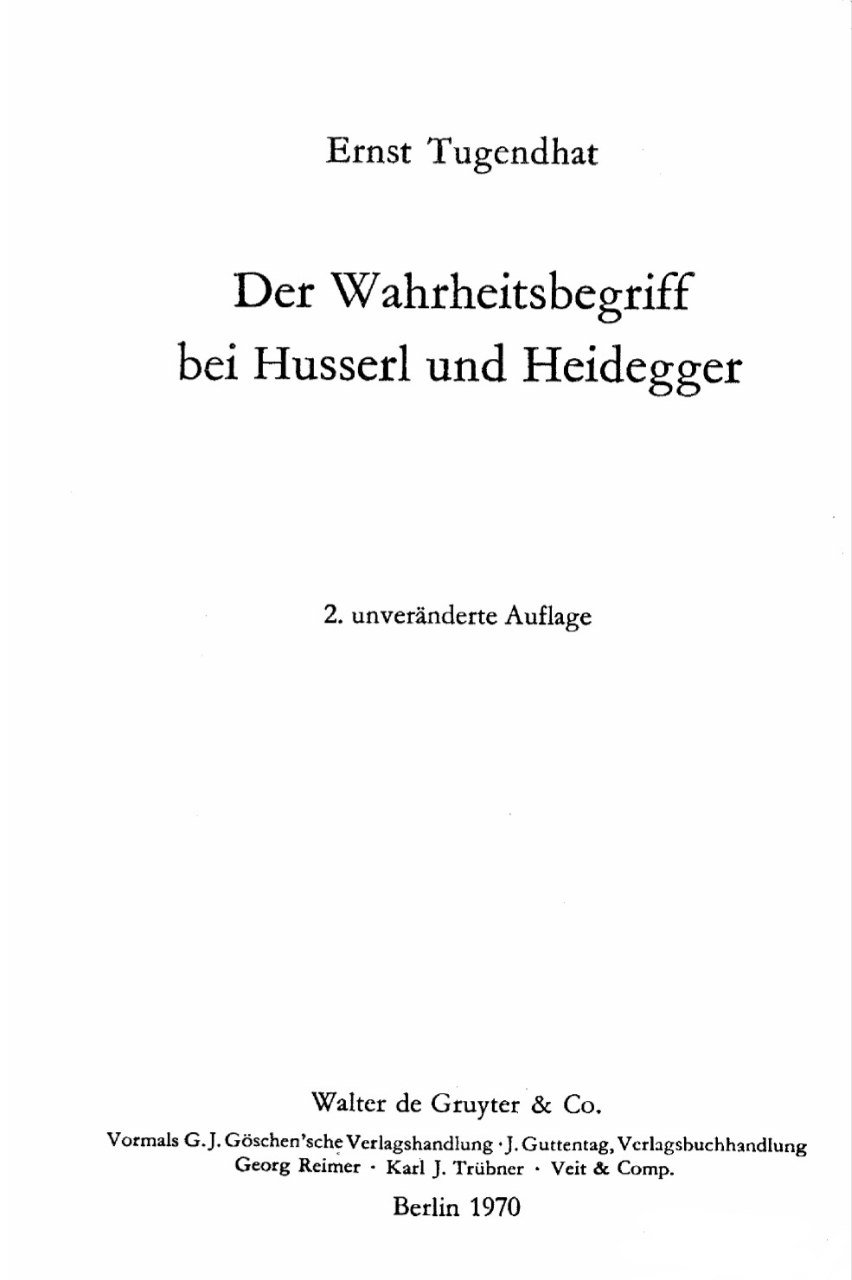

Cut of the Real: Subjectivity in Poststructuralist Thought
Reviews
No review yet. Be the first to review this book!
Description
"Cut of the Real: Subjectivity in Poststructuralist Thought" by Katerina Kolozova offers a critical examination of subjectivity within poststructuralist philosophy, focusing on how the concept of the "real" is understood and deconstructed by key theorists in this tradition. Kolozova engages deeply with poststructuralist thinkers such as Jacques Derrida, Michel Foucault, and Jean-François Lyotard, exploring their contributions to the understanding of subjectivity, identity, and the role of language in constructing the self. The central thesis of Kolozova's work is the idea that subjectivity in poststructuralist thought cannot be understood in traditional terms. Rather than seeing subjectivity as a stable, unified core of the individual, poststructuralist thinkers argue that subjectivity is fragmented, contingent, and constructed through language, power dynamics, and cultural narratives. Kolozova explores how these thinkers, each in their own way, problematize the concept of the subject, showing how subjectivity is always mediated by external forces such as language, society, and historical context. One of the key elements in Kolozova's analysis is the notion of the "cut of the real," a term she uses to describe the moment when the stability of the subject is ruptured, and the real—the uncontrollable, unknowable, or unrepresentable aspect of reality—interrupts the subject's constructed identity. This concept draws on Derrida’s notion of différance, Foucault’s ideas about power and knowledge, and Lacanian psychoanalysis, particularly the idea of the "Real" as something that cannot be fully represented or symbolized by language. Kolozova also examines how poststructuralist theorists challenge traditional metaphysical assumptions about identity and the subject. She discusses how poststructuralism rejects essentialism, instead embracing a view of subjectivity as fluid and contingent. The subject is not seen as a pre-existing entity but as something that is always in the process of becoming, constantly shifting in response to language, social forces, and power structures. Throughout the book, Kolozova draws on contemporary debates in philosophy and psychoanalysis to interrogate the implications of poststructuralist theories of subjectivity. She addresses how these theories relate to broader questions about ethics, politics, and the nature of knowledge, especially in the context of modernity’s challenges to traditional authority and hierarchical structures. "Cut of the Real" is a sophisticated and challenging work that provides valuable insights into the ways poststructuralism reshapes our understanding of the subject. Kolozova's analysis invites readers to rethink conventional notions of identity, subjectivity, and the real, offering a fresh perspective on how poststructuralist thought continues to influence contemporary philosophical and cultural discussions. This book is an essential read for those interested in poststructuralism, philosophy of subjectivity, and critical theory.

























.jpeg)
.jpg)

.jpg)








.jpg)




.jpeg)





















.jpg)









.png)
.jpg)

.jpeg)
.jpg)


.jpeg)


.jpg)
.jpg)


.jpeg)


















































